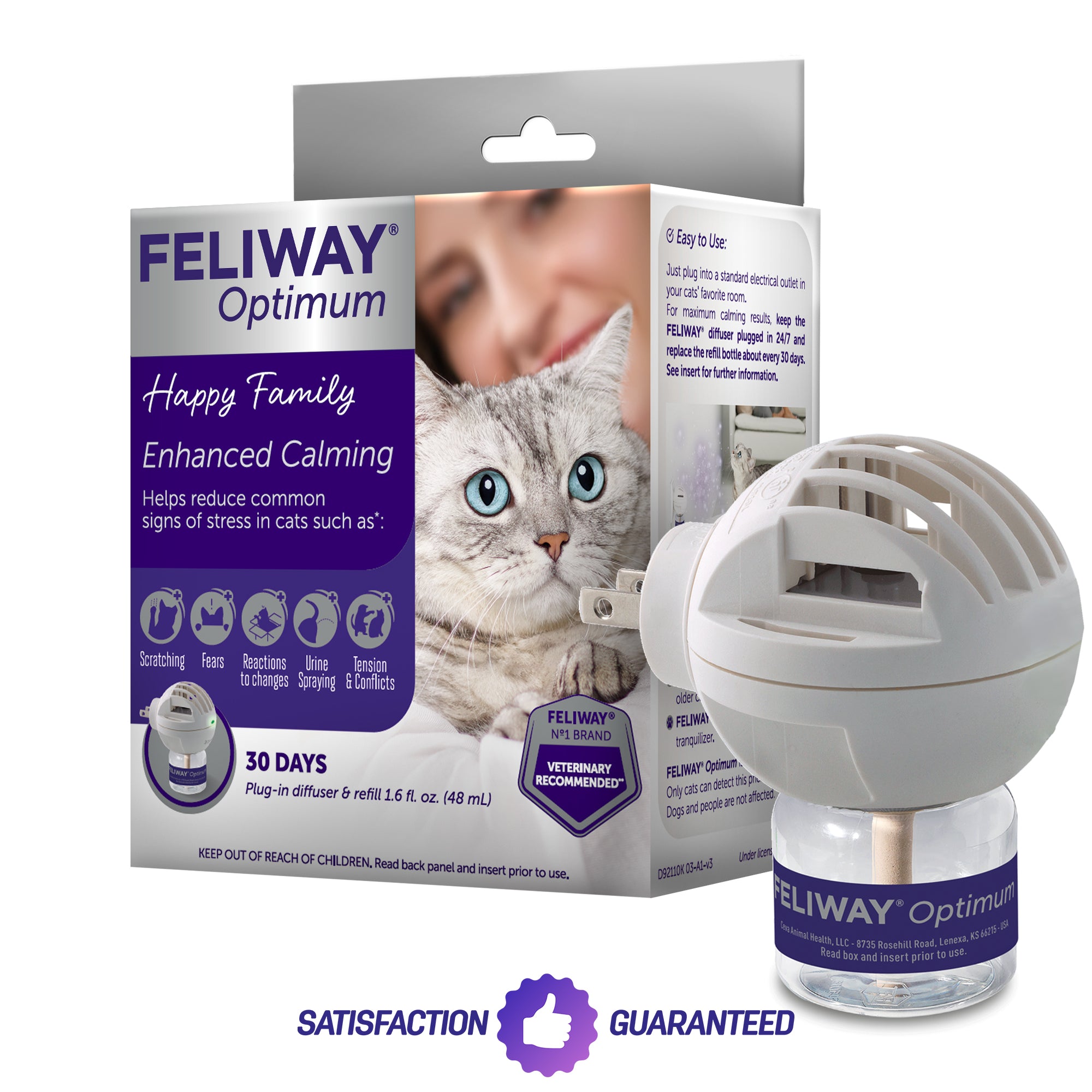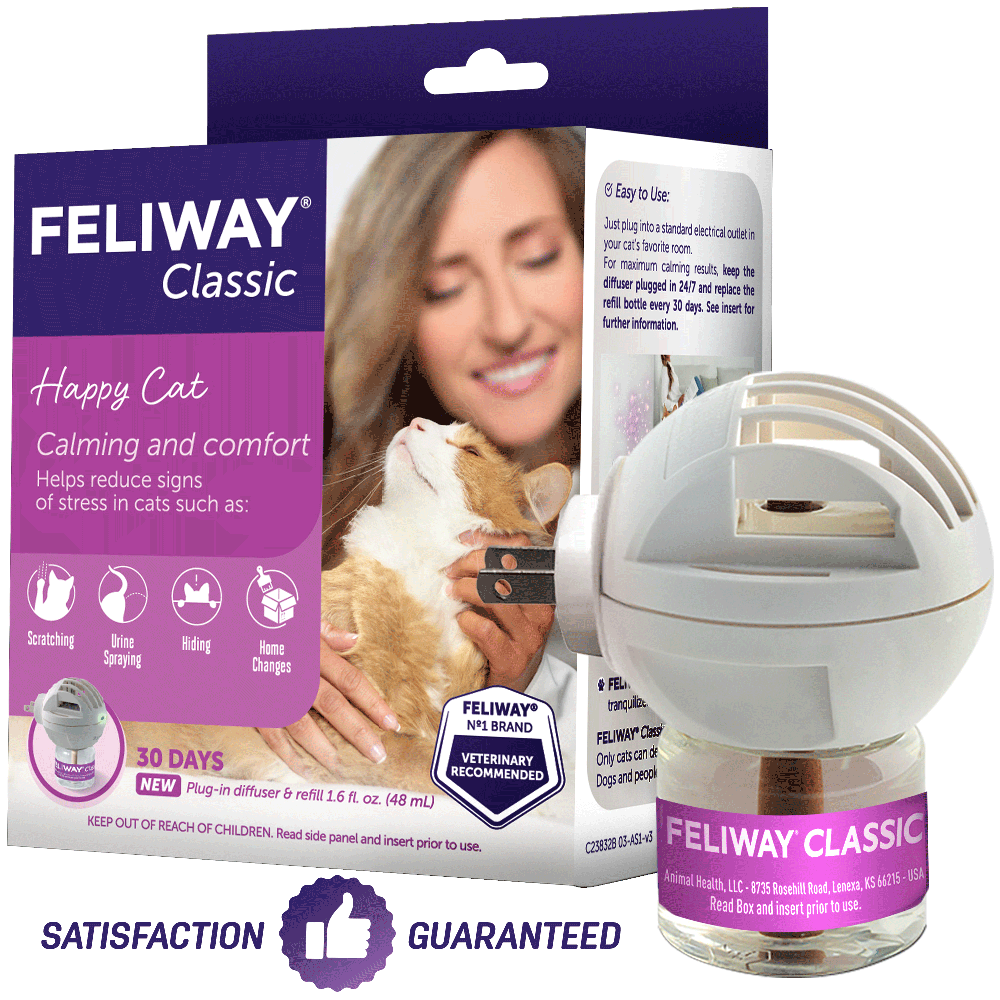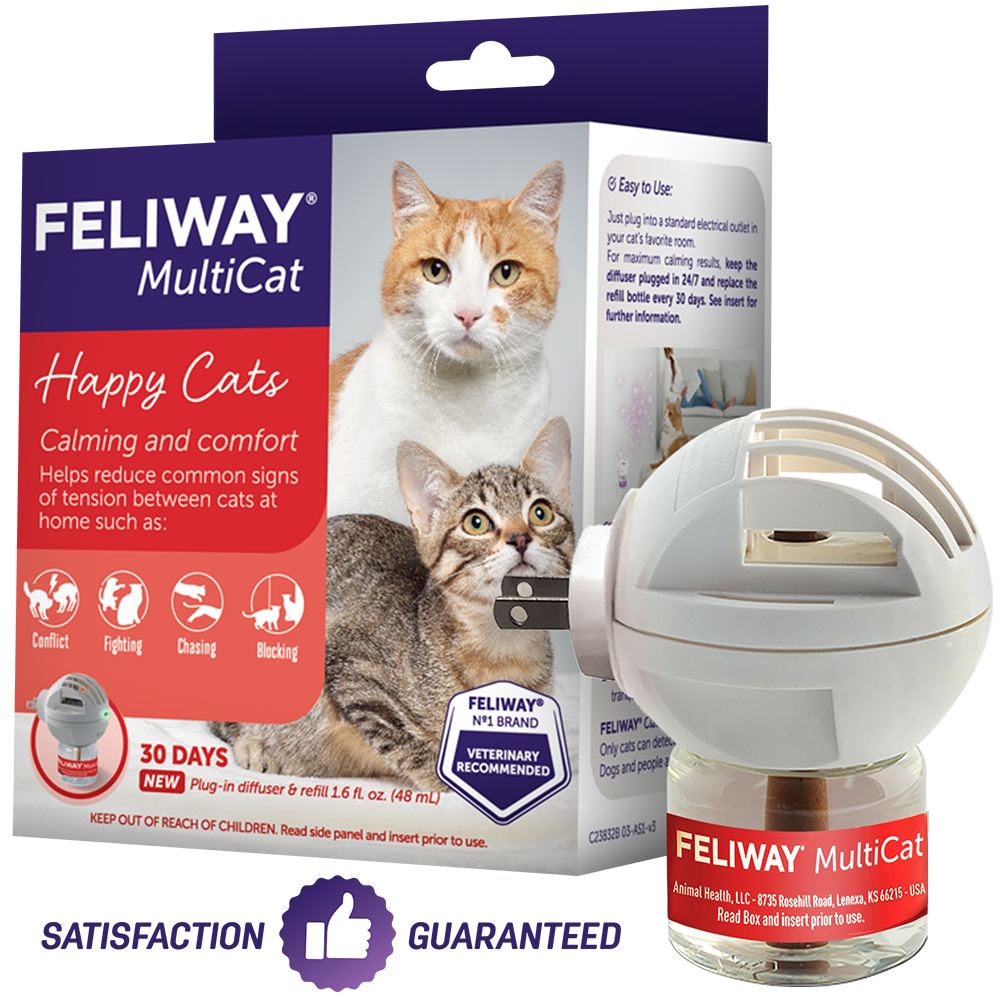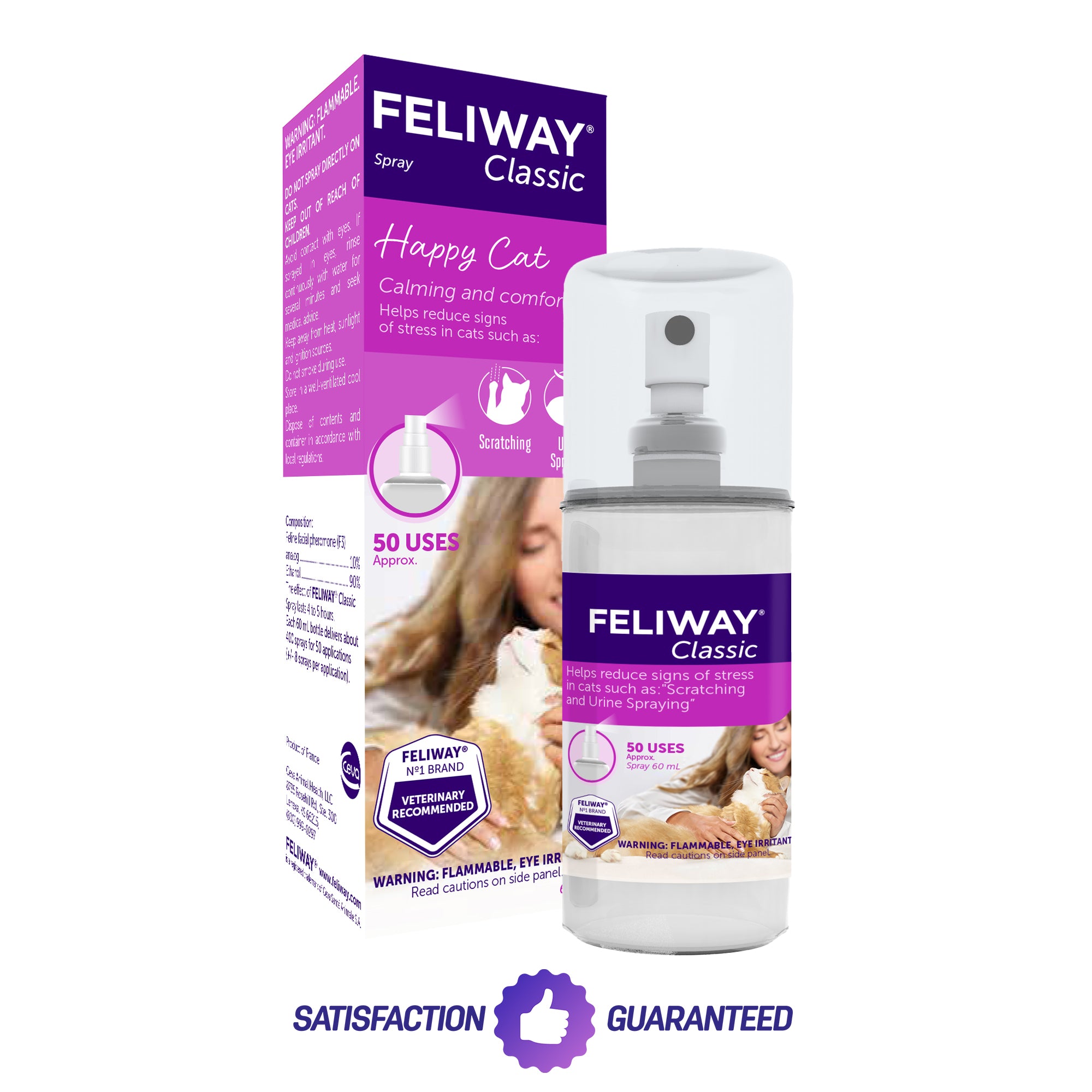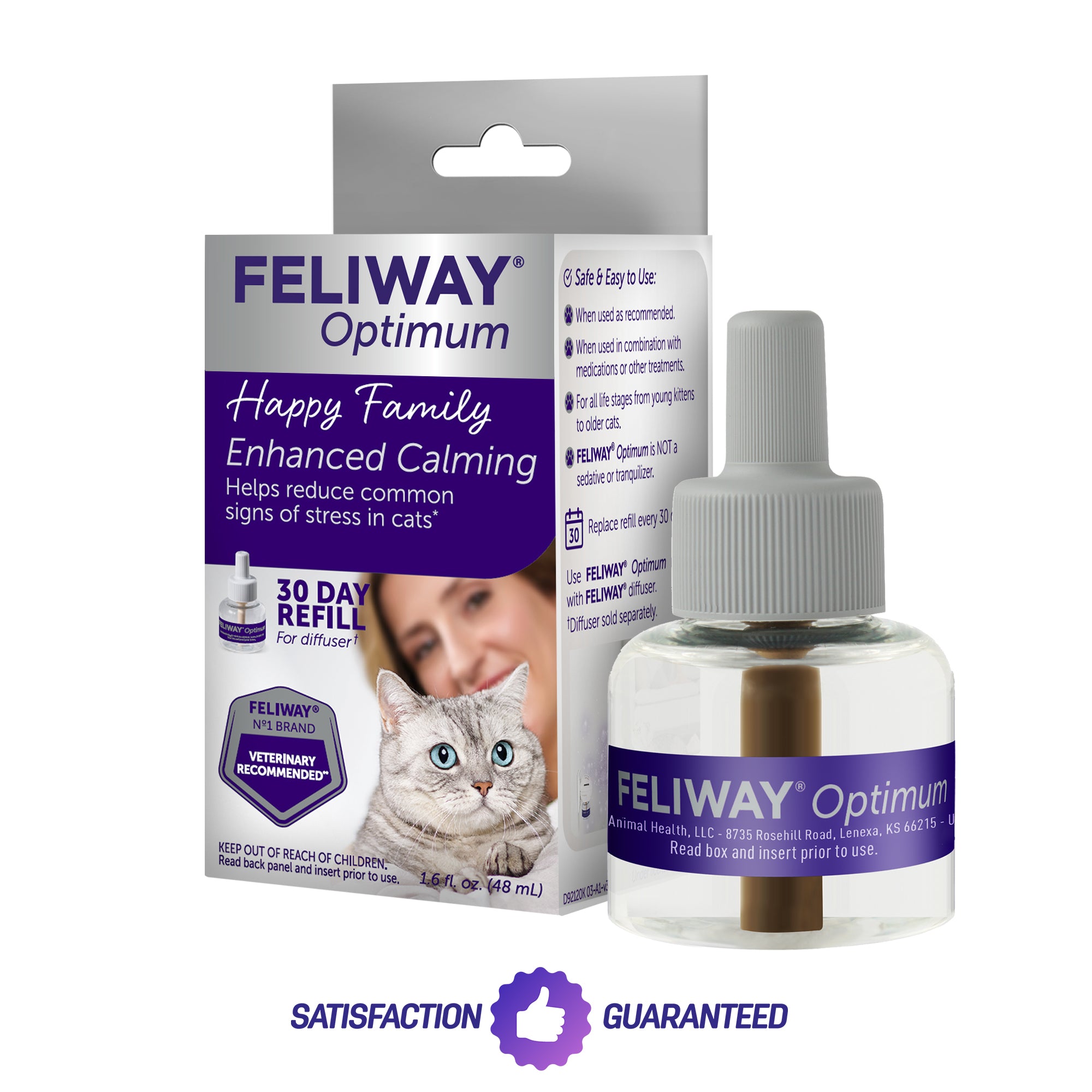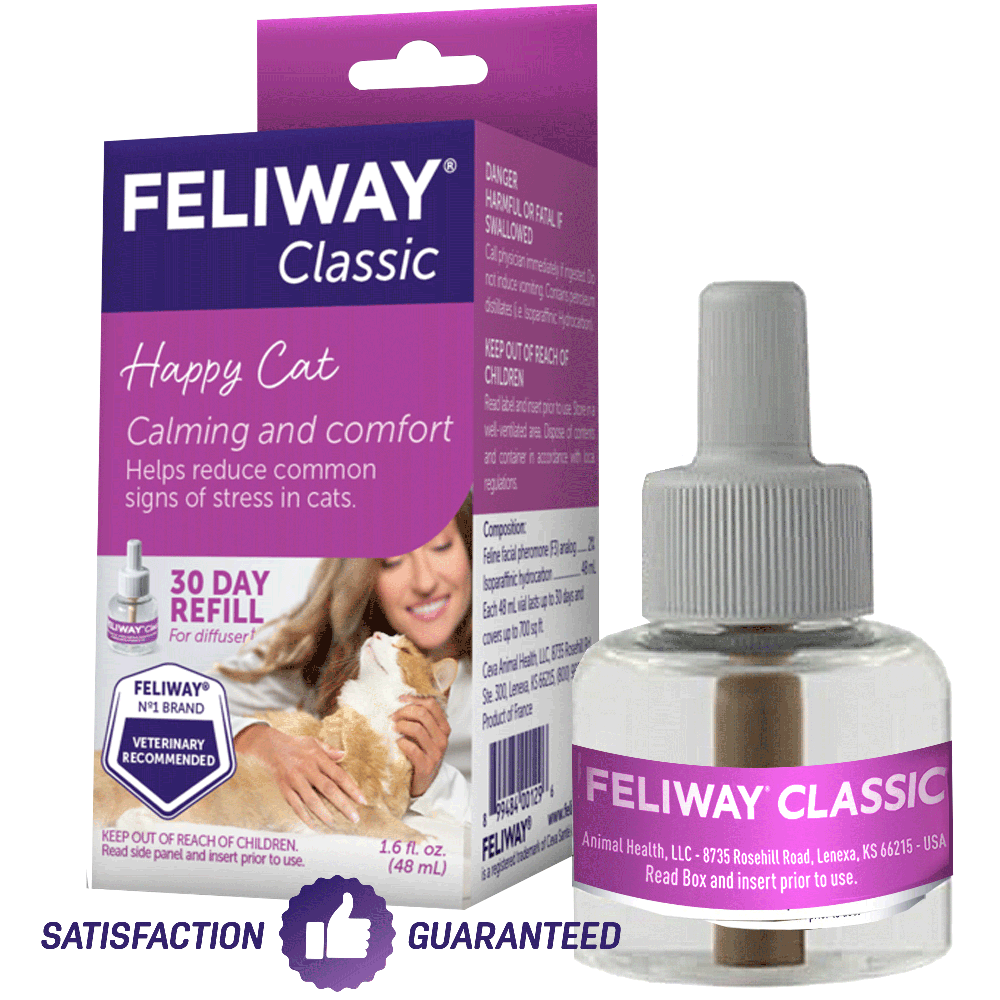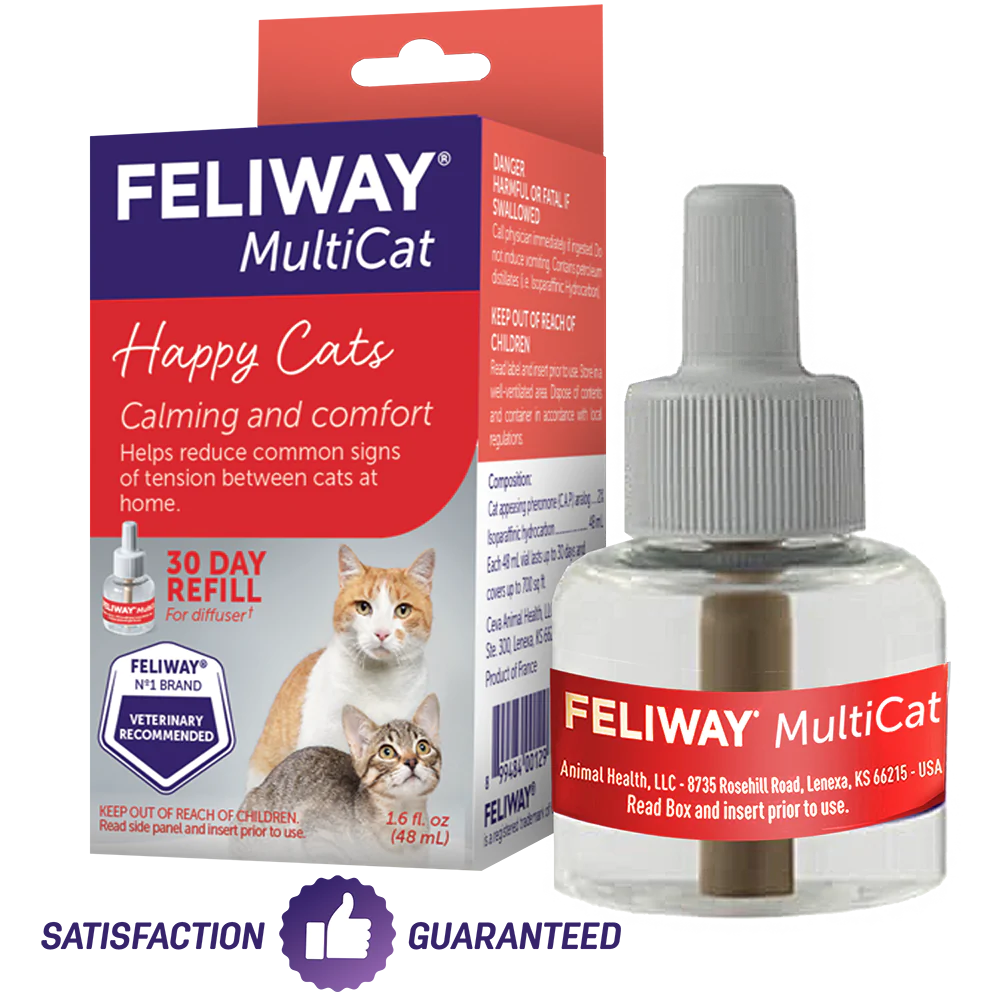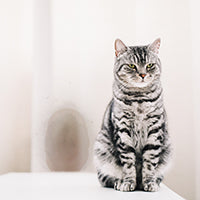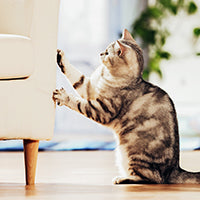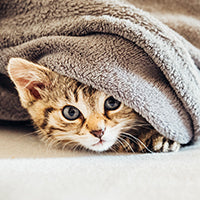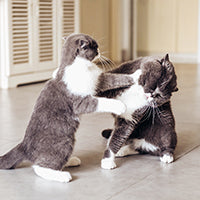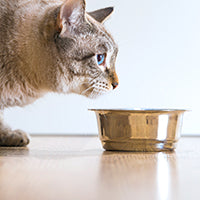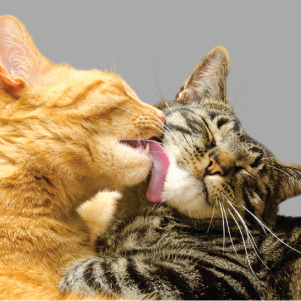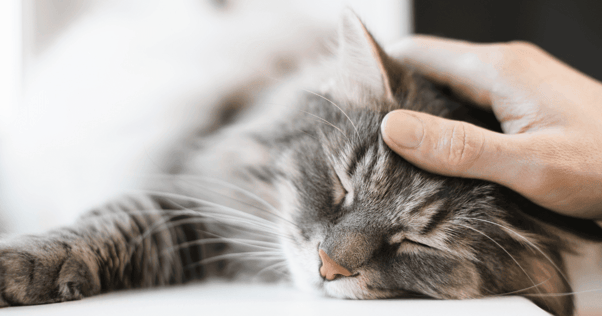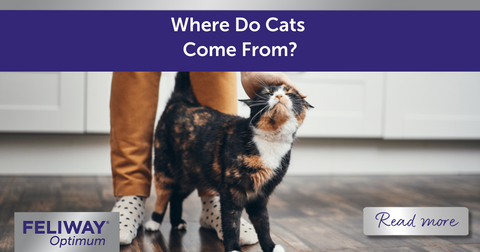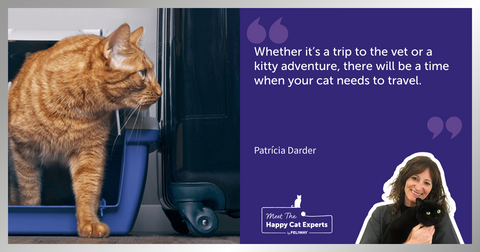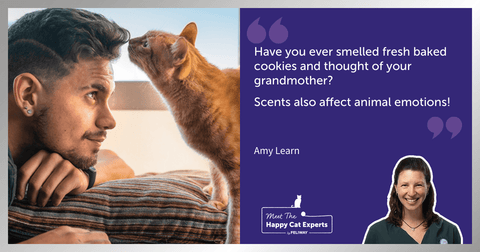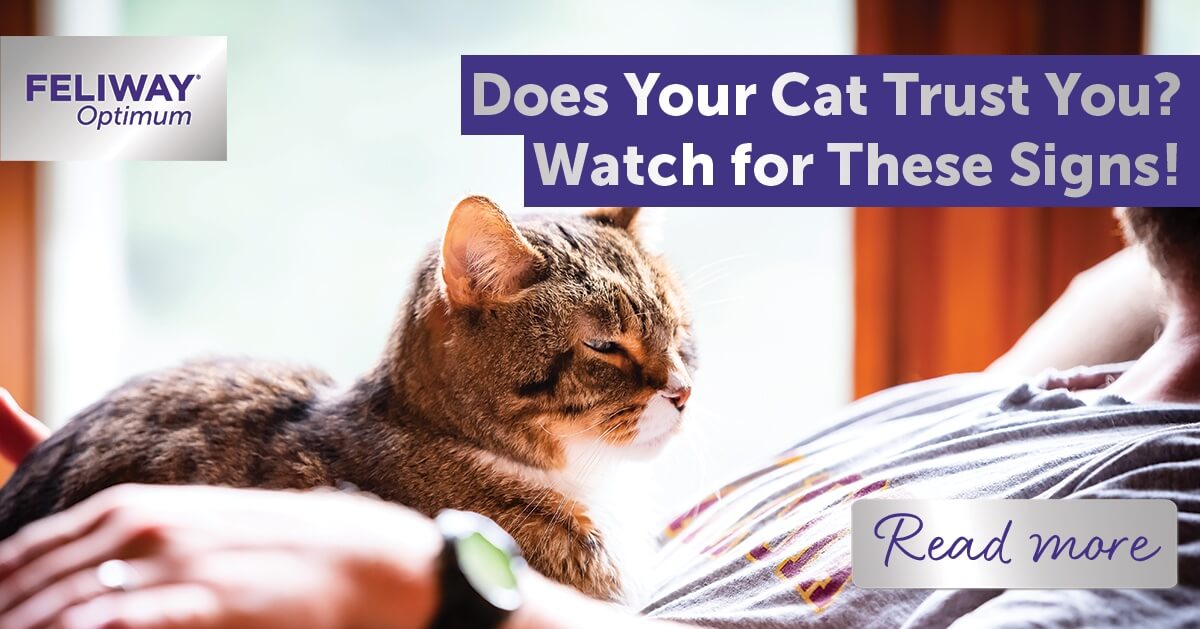
Does Your Cat Trust You? Watch for These Signs!
Cats can be pretty mysterious creatures. It’s not always easy to know what they’re doing or thinking so knowing if your cat really trusts you can be hard!
So how can you tell if you have a trusting bond with your furry friend? Here are some signs to watch out for that indicate your cat is feeling the love and feels purrfectly comfortable around you:
9 Signs Your Cat Trusts You
1. They love spending time with you!
If your kitty loves to lounge around with you and seems relaxed in your company, this is a good sign that they trust you. If cats feel worried or uncomfortable in a situation then they are likely to go and hide, so if your cat is happy to spend time with you it’s a good sign! Don’t panic if your cat still likes their alone time though, all cats are unique individuals! .
2. Your cat gives you the love blink
Do you sometimes think your cat is winking at you? The slow blink and wink is thought to be a cat’s way of smiling at you or showing their love. Cat’s slow blink and wink to show that they’re happy and also that they trust you. However, if your cat is staring at you without blinking, it’s a sign that they may need some space.
3. Your cat kneads you
Cats knead for several reasons - they may be doing this as a way of showing that they feel secure with you, just as they felt when they were with their feline mother and their litter. As they have scent glands on their paws, it could also be that they’re marking you as their territory, a sure sign of trust.
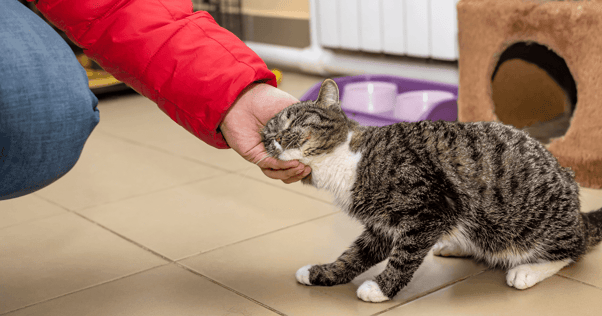
4. Your cat rubs their face on you
If you notice that your feline friend likes to headbutt you or rub their head against you, this is a sign that you’re familiar to them and they’re showing you their respect. Did you know that cats deposit pheromones on you when they headbutt? It’s a way for them to mark their territory and show that you’re safe to be around. If your cat does this, they trust you and see you as their best friend!
5. The upside down cat
When your kitty rolls onto their back and shows you their tummy, this is their way of showing that they feel safe in your company and can reveal this vulnerable part of their body. Be aware though - this is probably not an invitation for a tummy rub. Unlike dogs, cats don’t tend to like being stroked on their belly so stick to rubbing around their head and ears. By rolling onto their side, this is really just to show they are relaxed.
6. Grooming you
If your cat licks or grooms you then it’s a pretty good sign that they view you as a trusted member of their group. When they’re in the litter as kittens, they groom each other as a way of bonding so grooming you is an extension of this behavior.
7. Your cat says hello
When you get home, does your cat like to greet you? If they greet you with a vertical tail, this is a sign that they’re pleased to see you and are feeling relaxed.
8. Your cat talks to you
Cats tend to generally reserve meows for communicating with humans - and they are more likely to meow at you if they feel connected to you. If you’re wondering why your cat meows so much, here are a few tips!
9. Sleeping near you
If your kitty likes to sleep near you - or even on you - this is an indication that they have total trust in you. When a cat is asleep they are of course vulnerable, so choosing to sleep in your presence, rather than wandering off and finding another safe haven, means that they feel relaxed and don’t see you as a threat. Of course, they may like to sleep in different places from time to time so don’t take offence - but if they sleep near you sometimes then it’s a sign they’re content to be near you.
How To Continue To Build Trust With Your Feline Friend
Whatever your cat’s personality, there are things you can do to help foster their trust in you. It’s best to build your cat’s trust right from the start of your relationship - but it is also possible to re-establish a positive relationship if needed.
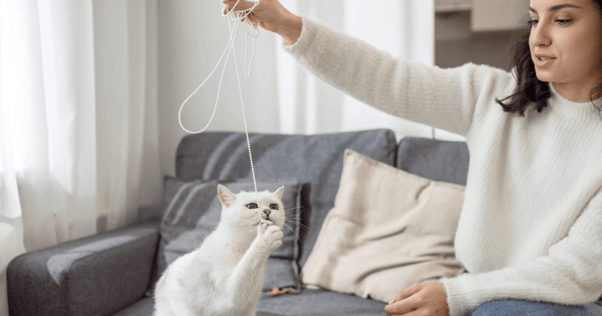
Here are 9 tips to help your relationship with your cat:
- Establish a routine! Cats are creatures of habit but this doesn’t mean that the routine has to be boring. Ensure there are positive interactions between you and your cat throughout the day which can help build a trusting relationship between you.
- Be predictable. Cat’s don’t like to be startled or surprised, so move and speak in a gentle way. This can be tricky when there are others in the home (and it’s time to leave for school for example) but making the effort to keep the house calm can improve your cat’s trust in you and your family.
- Try and make each interaction between you as positive as you can for your cat. For example, make play sessions fun and end with your cat catching something and try not to leave them feeling frustrated. A tasty treat can also help!
- Learn your kitty’s body language; see how your cat reacts to different situations and try to understand what is and isn’t acceptable to them. This can help you understand what to do more of, what to stop, and what to try and help your cat tolerate (e.g. learning to be in a cat carrier, or to be handled for different reasons like nail clipping or checking ears).
- You should also consider your cat’s body language when petting them to find out where - and for how long - they like to be petted.
- Respect their space. Let your cat find the places they like to go to feel safe, often in an elevated spot, and then when your cat is in one of these places, try not to disturb them.
- Let your cat make their own choices and respect them. An important rule is to let your cat choose how they interact with you, allowing them to engage on their own terms. Having multiple resources for your cat also means that they have the freedom to choose what they want to use.
- Use positive reinforcement to reward your cat - this can be treats, praise, petting or grooming - to let them know that what they have just done is good. Reward based training is a great way to build trust between you and your cat, and to also help your cat learn new things (as well as being a great way to keep them mentally stimulated).
- You can also consider using FELIWAY Optimum to help your cat feel serene, and combat any signs of stress with serenity messages.
Help your cat feel secure
Ultimately, trust often comes down to feeling secure so as long as you follow the tips above, your cat will learn that they can trust you to be consistent and a good friend to them. Never do anything that could provoke fear in your cat as this can damage your bond.
If you have a nervous cat or you think your cat may be stressed, it’s always worth taking them to the vet to have them checked out.
